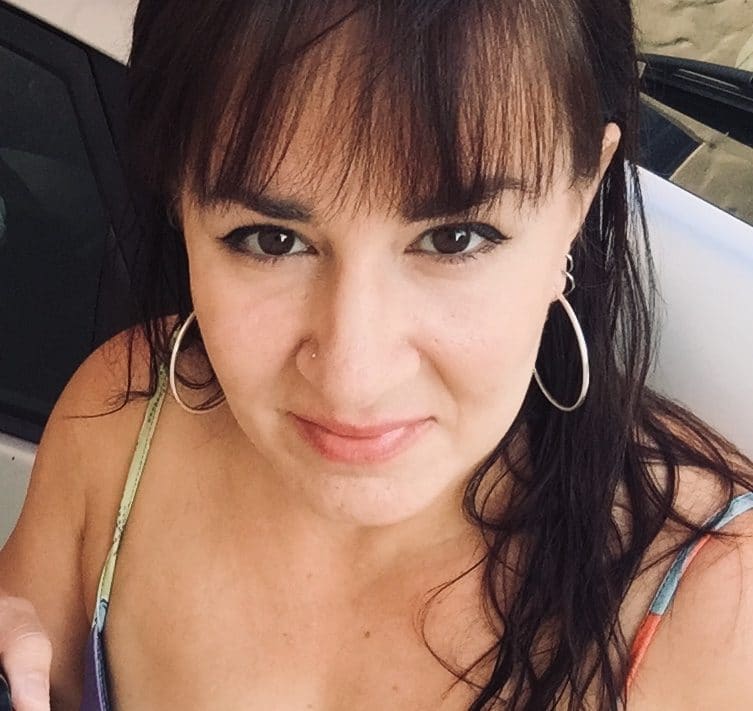It’s that exciting, hopeful time of year again: All the seed catalogs have arrived and it’s time to plan your garden and buy seeds. But what most gardeners don’t know is that Bayer Monsanto has been devouring the seed market faster than a rabbit can eat your lettuce!
In 2005, Monsanto (now Bayer) grabbed 40% of the U.S. seed market and 20% of the global seed market when it bought out Seminis and many other seed suppliers, making them the largest seed company in the world. Bayer Monsanto used all the seed companies they acquired to form a subsidiary they now call “Vegetables by Bayer.”
Vegetables by Bayer now owns and supplies the genetics for 55% of the lettuce on U.S. supermarket shelves, 75% of tomatoes, and 85% of peppers, as well as many varieties of beans, cucumbers, squash, melon, broccoli, cabbage, spinach and peas. And none of these seeds are transgenic or GMO. This means that a gardener or homesteader could buy regular garden seeds, and unknowingly be buying from Bayer Monsanto—if the seeds in the catalog were supplied by Vegetables by Bayer.

Bayer’s Dirty Little Secret
Aside from trying to dominate the global seed market and make everyone in the world their hostage customer, one of the main reasons that Bayer/Monsanto and other biotech companies have bought up so many seed companies is so they can take the germplasm (DNA) of those non-GMO varieties and use it in their future GMO products.
The dirty little secret of the GMO industry is that most of the traits that they brag about trying to create (like drought tolerance, greater nutrition, etc.) are actually created by traditional breeding.
In essence, by buying up all the seed companies, they have literally taken the work done by thousands of gardeners and farmers over generations to produce quality seedstock with beneficial traits. Then they can insert a “Round-Up Ready” or other proprietary gene into it and call it their “own”, and then sell it with patent restrictions preventing it from being saved and replanted.
This is not a company any gardener would want to support, even inadvertently.
How to Find Non GMO Seeds
Although there is only ONE GMO seed variety currently available for home gardeners to buy (the Purple Tomato by Norfolk Plant Science, located in the U.K.), planting a garden that doesn’t support big biotech companies like Bayer Monsanto is not as simple as buying certified organic seed anymore. In fact, “Vegetables by Bayer” now profits from distributing many of the common, non-GMO crop varieties seeds that gardeners love through popular garden catalogs (including Burpee), and larger chains of nurseries and hardware stores.
So, how can you make sure that none of the seeds you buy this year are unintentionally profiting Bayer/Monsanto and their big biotech subsidiaries—even when you’re buying regular, non-GMO seeds for your garden?
Here are four ways to keep Big Biotech, Bayer/Monsanto and “Vegetables by Bayer” out of your garden:
1. Choose Heirloom Seeds
Buy, plant and save heirloom seeds that come from companies that don’t get their stock from Seminis or Bayer/Monsanto. (Here’s a list of 10 of the best.) The Seed Saver’s Exchange has information on how to collect and store seeds, so you can maintain your own supply.
2. Avoid Companies That Sell Bayer Monsanto Products
This database shows you what stores carry Bayer/Monsanto and Seminis seeds near you. This is a Bayer site that tells you who they sell to, so you know who to avoid.
3. Avoid Buying Bayer Monsanto Non-GMO Products
There are many vegetable seed varieties that are trademarked by Bayer/Monsanto or Seminis, including popular tomato varieties such as ‘Celebrity,’ ‘Early Girl,’ and ‘Better Boy,’ as well as a host of other common home garden varieties, like ‘Cheddar’ cauliflower and ‘Marketmore 76’ cucumbers. These are NOT GMO varieties, but their purchase does profit Bayer Monsanto. Here’s a list.
4. Choose Companies That Take the Safe Seed Pledge
Ask your favorite seed companies if they have taken the Safe Seed Pledge and if they have tested their stock for GMOs. (Here’s a list of seed companies who have.)
While the Safe Seed Pledge is voluntary and non-binding, a seed company that signs it is making a clear statement about their values. It reads:
“Agriculture and seeds provide the basis upon which our lives depend. We must protect this foundation as a safe and genetically stable source for future generations. For the benefit of all farmers, gardeners and consumers who want an alternative, we pledge that we do not knowingly buy or sell genetically engineered seeds or plants. The mechanical transfer of genetic material outside of natural reproductive methods and between genera, families or kingdoms poses great biological risks, as well as economic, political and cultural threats. We feel that genetically engineered varieties have been insufficiently tested prior to public release. More research and testing is necessary to further assess the potential risks of genetically engineered seeds. Further, we wish to support agricultural progress that leads to healthier soils, genetically diverse agricultural ecosystems and ultimately healthy people and communities.“
—The Safe Seed Pledge
Please spread the word among other gardeners you know to be cautious when buying seeds and seedlings for their gardens this year. If you are in doubt, call your seed company and ask them whether they grow their own seeds, get them from local farmers, or distribute seeds from Bayer.
Together, we can build momentum for a more sustainable world, one garden at a time!








